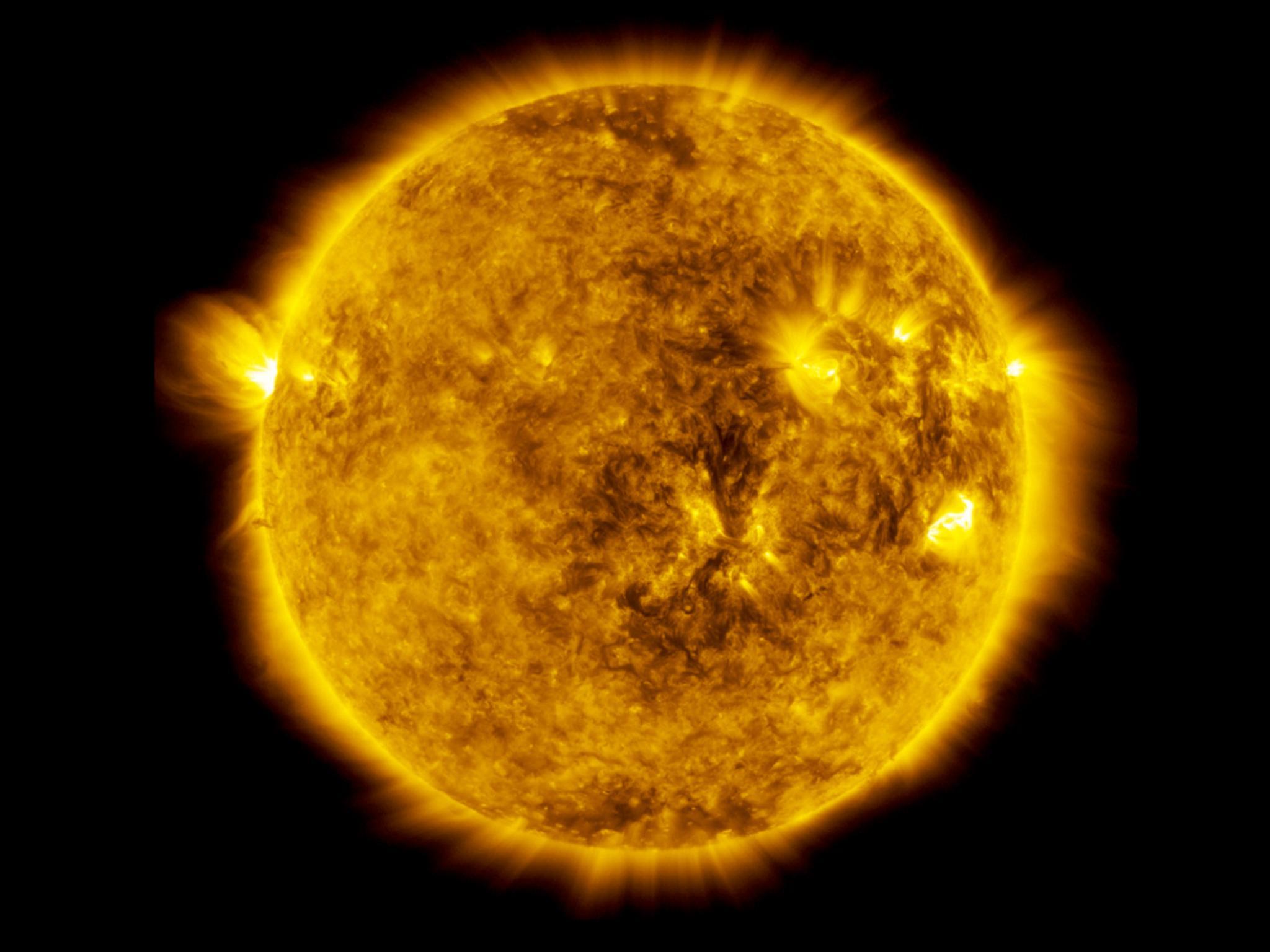Nasa to hold major press conference on first mission ‘to touch the sun’
The corona is the outermost part of our closest star's atmosphere, and is hundreds of times hotter than its surface

Nasa is set to make a major announcement about its first mission “to touch the sun”.
The agency wants to send a spacecraft closer to the sun than ever before, where it will face extreme temperatures and radiation levels.
It will speak about Solar Probe Plus at an event on Wednesday, which will be livestreamed on Nasa Television and the agency’s website from 4pm BST.
Nasa unveils space tourism posters
Show all 6The spacecraft, which is set to take off in the summer of 2018, will be tasked with collecting data about the mechanisms that heat the corona, the outermost part of the sun's atmosphere.
For reasons currently unknown, the corona is hundreds of times hotter than the sun’s surface, with temperatures at 500,000 degrees Celsius or higher.
It’s also behind the solar wind, a constant stream of charged particles that can impact life on Earth.
“Placed in orbit within four million miles of the sun’s surface, and facing heat and radiation unlike any spacecraft in history, the spacecraft will explore the sun’s outer atmosphere and make critical observations that will answer decades-old questions about the physics of how stars work,” said Nasa.
“The resulting data will improve forecasts of major space weather events that impact life on Earth, as well as satellites and astronauts in space.”
The spacecraft will have to withstand temperatures of up to 1,400 degrees Celsius, which it plans to do with the help of an 11.5cm-thick carbon composite shield.
The Solar Probe Plus event will take place at the University of Chicago’s William Eckhardt Research Center Auditorium.
Subscribe to Independent Premium to bookmark this article
Want to bookmark your favourite articles and stories to read or reference later? Start your Independent Premium subscription today.

Join our commenting forum
Join thought-provoking conversations, follow other Independent readers and see their replies